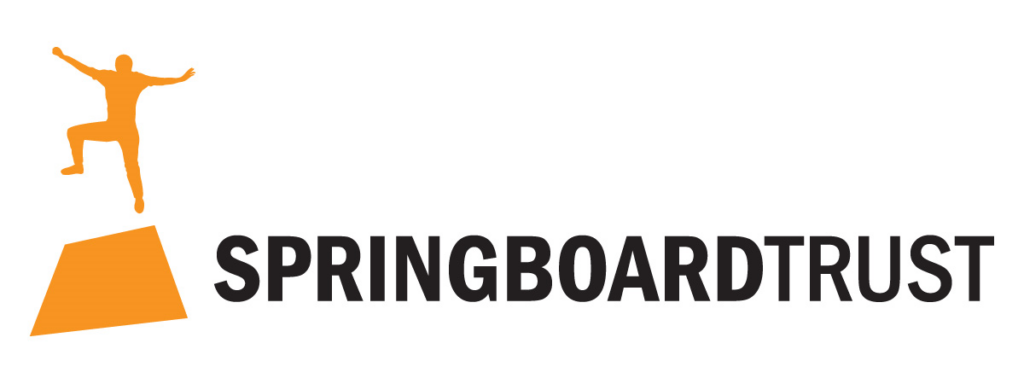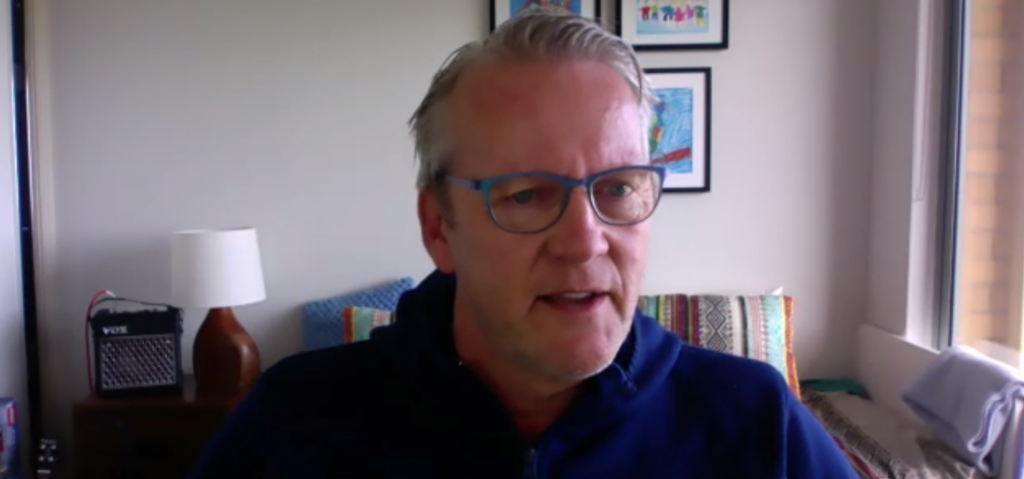We learned a lot from – and reflected in depth on – the range of speakers on display at our Leading for Equity event. But the learning only continues from here.
In the coming months we’ll be keeping those conversations going, launching into new initiatives and furthering our work in the space of equitable leadership in schools.
But first, a recap of the two-day event – with five thought-provoking ideas or moments from the sessions!
1. “Redistributing the wealth in society has always been a sound thing to do, and I’d be very supportive of doing that”
Professor Russell Bishop ONZM, University of Waikato & Te Kotahitanga
During Professor Bishop’s Q&A session, he was asked about defining success for students – and while he took a roundabout way to answering the question, he did touch on this always-great point on the way.
2. “When we assess kids, what are we asking them to put aside?”
Michelle Johansson, Teach First NZ
In a session filled with challenges and talking points, this one from Michelle Johansson really stuck out. Focused on the topic of traits that are more important to some cultures than others, she saliently noted that assessment – and in fact a wide array of how we teach – teaches to an assumed set of behaviours.
3. “It’s convenient for teachers – it’s not the best for kids”
Laurayne Tafa, Education Consultant & Tafa Ed Ltd
Laurayne Tafa on the ongoing streaming debate, amidst a fantastic presentation on interrogating how a leader’s decisions affect people at different layers in equity terms.
4. “Most of the variation we see in student outcomes is explained by out-of-school factors”
Pasi Sahlberg, Gonski Institute for Education
Following a vote on the most impactful elements on student outcomes, Pasi broke down a series of stats showing how outside and structural factors tend to have the biggest impact – with teachers having the most effect within a school.
5. “They haven’t really been touched by poverty that is here in our community”
KPMG’s team on their breakfast club work in Tauranga, an honest acknowledgment of the privilege that many of their staff have – and how working with schools in the region has brought out a massive swell of desire to help those in need.
Every session brought its own refreshing perspective on equity in education, and we hope it was as invigorating a time for you as it was for us. We’ll see you for the next one!









